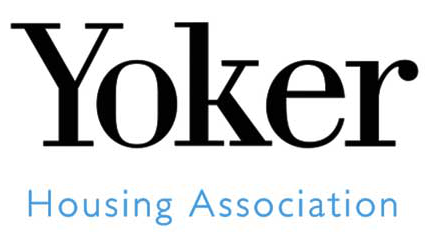Human Rights
Housing is the basis of stability and security for an individual or family. The centre of our social, emotional and sometimes economic lives, a home should be a sanctuary—a place to live in peace, security and dignity.
The right to adequate housing in human rights law
Adequate housing was recognised as part of the right to an adequate standard of living in article 25 of the 1948 Universal Declaration of Human Rights and in article 11.1 of the 1966 International Covenant on Economic, Social and Cultural Rights. Other international human rights treaties have since recognised or referred to the right to adequate housing or some elements of it, such as the protection of one’s home and privacy.
The right to adequate housing is relevant to all States, as they have all ratified at least one international treaty referring to adequate housing and committed themselves to protecting the right to adequate housing through international declarations, plans of action or conference outcome documents.
The United Nations Committee on Economic, Social and Cultural Rights has underlined that the right to adequate housing should not be interpreted narrowly. Rather, it should be seen as the right to live somewhere in security, peace and dignity. The characteristics of the right to adequate housing are clarified mainly in the Committee’s general comments No. 4 (1991) on the right to adequate housing and No. 7 (1997) on forced evictions.
The right to adequate housing contains freedoms.
These freedoms include:
- Protection against forced evictions and the arbitrary destruction and demolition of one’s home;
- The right to be free from arbitrary interference with one’s home, privacy and family; and
- The right to choose one’s residence, to determine where to live and to freedom of movement.
The right to adequate housing contains entitlements.
These entitlements include:
- Security of tenure; Housing, land and property restitution;
- Equal and non-discriminatory access to adequate housing; and
- Participation in housing-related decision-making at the national and community levels.
Key elements of the right to adequate housing
Adequate housing must provide more than four walls and a roof. A number of conditions must be met before particular forms of shelter can be considered to constitute “adequate housing.” These elements are just as fundamental as the basic supply and availability of housing. For housing to be adequate, it must, at a minimum, meet the following criteria:
- Security of tenure: Housing is not adequate if its occupants do not have a degree of tenure security which guarantees legal protection against forced evictions, harassment and other threats.
- Availability of services, materials, facilities and infrastructure: Housing is not adequate if its occupants do not have safe drinking water, adequate sanitation, energy for cooking, heating, lighting, food storage or refuse disposal.
- Affordability: Housing is not adequate if its cost threatens or compromises the occupants’ enjoyment of other human rights.
- Habitability: Housing is not adequate if it does not guarantee physical safety or provide adequate space, as well as protection against the cold, damp, heat, rain, wind, other threats to health and structural hazards.
- Accessibility: Housing is not adequate if the specific needs of disadvantaged and marginalized groups are not taken into account.
- Location: Housing is not adequate if it is cut off from employment opportunities, health-care services, schools, childcare centres and other social facilities, or if located in polluted or dangerous areas.
- Cultural adequacy: Housing is not adequate if it does not respect and take into account the expression of cultural identity.
